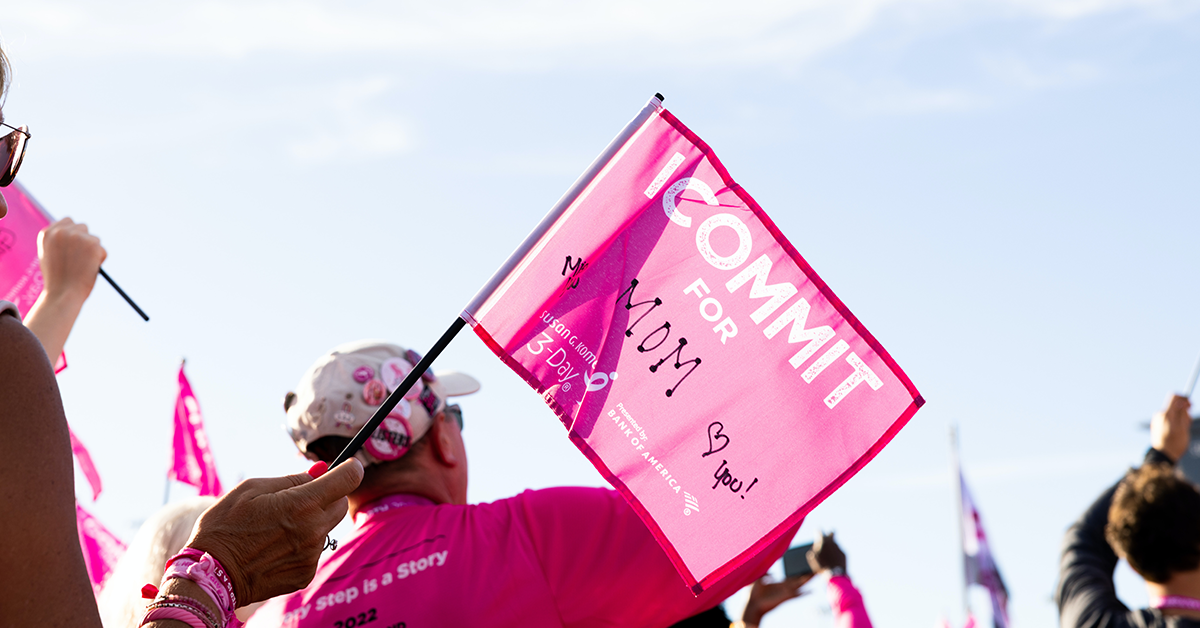
12 Jun Brand activism, “greenwashing” and “pinkwashing”
Consumers’ actions and decisions today are certainly determined by many psychological, sociological, and cultural elements. This is the reason why companies are more and more concerned about these issues and are trying to take actions by actively being involved in social movements.
Well-developed brand activism, because it agrees with the main values or vision of the brand, can increase your recognition and market share among your audience and supporting the causes that matter to your customers can inspire brand loyalty and engagement.
But consumers are nowadays very demanding and look deep into the policies of companies which arises the question: is it always a true concern or is it just a marketing strategy? As a result, concepts such as greenwashing or pinkwashing have arisen.
Greenwashing is the process of providing a false impression that your products are environmentally sound. Pinkwashing may refer to either the promotion of consumer goods and services which support for breast cancer-related charities or the promotion of the gay-friendliness of a company.
How can we identify, as consumers, true concern from mere marketing? Main aspects of the company should be examined such as whether the cause is related to the brand, whether it is a temporary trend, whether the internal policies of the brand holders agree with the campaign or whether they donate much to the cause involved in the campaign.
Along the years, some of the most important companies around the world have been accused of greenwashing or pinkwashing.
When Daimler (Mercedes) painted their famous logo of the star into a rainbow-coloured one on social media, the campaign was well accepted by some consumers, but others thought that the logo change was merely symbolic, and the message was at odds with Daimler’s actions. It was also criticized that the logo was not changed in countries in the Middle East, where diversity issues are not politically accepted.
On the other hand, Coca-Cola has been accused of greenwashing on two different occasions. First, when it promoted its line of the low-sugar version, Coca-Cola Life, as a “green, healthy alternative”. Nutritionists pointed out that the beverage was still not healthy, and then Coca-Cola Life disappeared from the shelves of the supermarkets. The low-sugar label misled consumers about the total content that was present in the bottle. Second, when the Coca-Cola asserted that it was committed to reducing plastic waste. However, the company went to court over its plastic waste claims, being ranked one of the world’s largest plastic polluters.
These issues and many more were discussed in my table topic Greenwashing and Pinkwashing: True Concern or Marketing Strategy? at INTA in Singapore. In our world as it is nowadays, not only individuals but companies, firms and political parties have to take a stand on the social movements that surround us. It is certainly not an easy task.
Author: Isabela Robledo McClymont, Lawyer at CURELL SUÑOL
Photo by Susan G Komen on Unsplash.com



